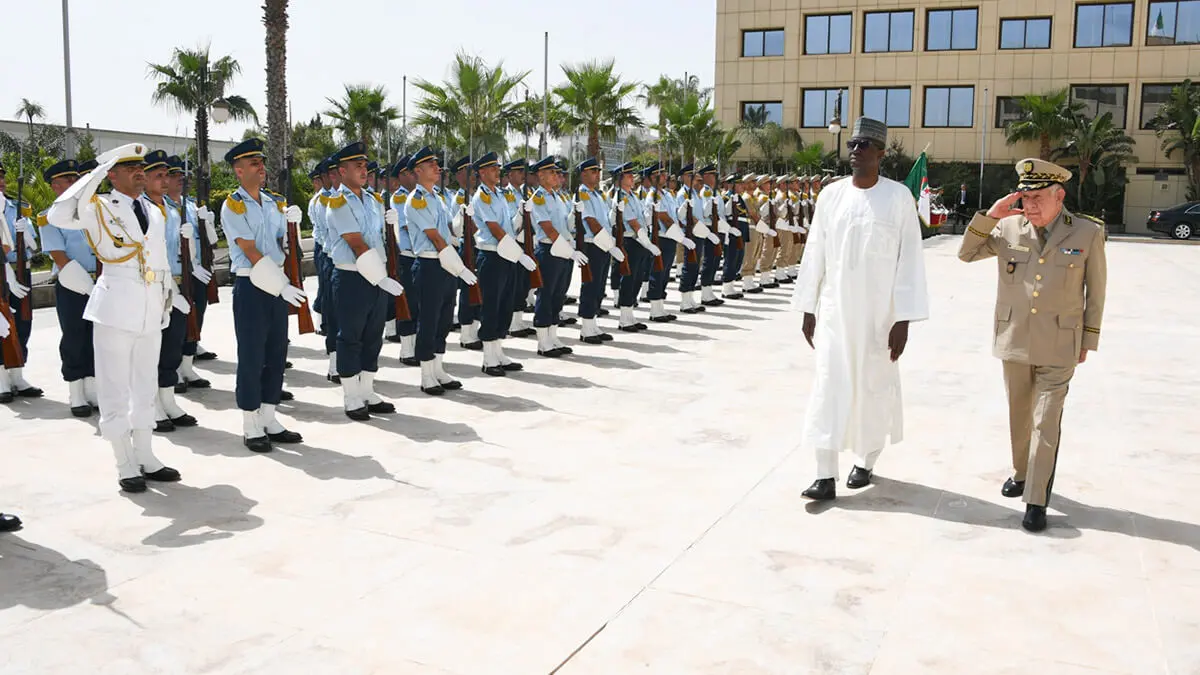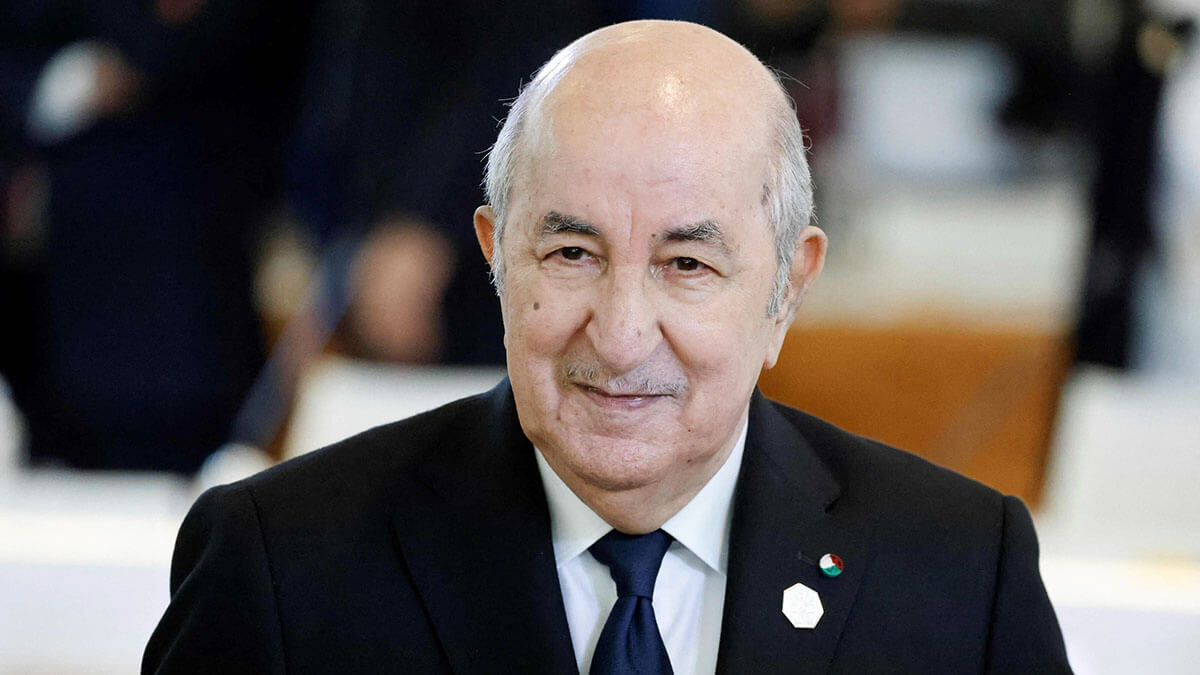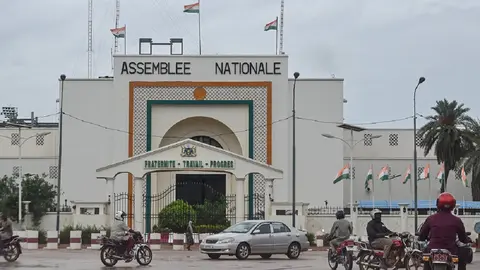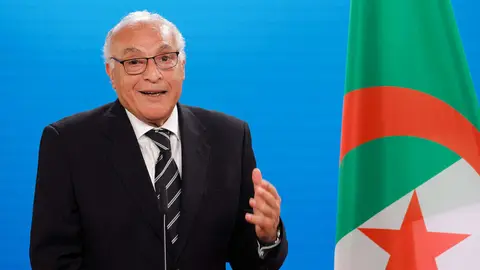Algeria looks to Niger to boost its influence in the Sahel

In the midst of regional tension in the Sahel, especially following Russia's entry into the region and the numerous coups d'état, Nigerian Prime Minister Mohamed Lamine Zain has travelled to Algeria with his defence minister, Lieutenant General Salifu Modela.
This visit is seen as an opportunity for Algeria to try to influence the new geopolitical landscape in the region after several diplomatic disagreements with countries such as Mali.
It follows a similar visit a few days ago by Algeria's Minister of Energy and Mines, Mohamed Arkab, to Niger to review the development of the African gas pipeline linking Nigeria and Europe, which passes through the Sahelian country.
During the Niger delegation's visit to Algiers, Algerian Prime Minister Mohamed Nadhir Arbawi stressed "the special importance" that President Abdelmadjid Tebboune attaches to the development of bilateral relations "with the sister Republic of Niger", underlining "the historic fraternal relations that unite the two brotherly countries and peoples".
In a statement, Al-Arbawi also added that "the two countries aspire to achieve bilateral cooperation that reaches better levels within the framework of bilateral mechanisms and through the exchange of high-level visits, in order to implement existing cooperation programmes and complete joint development projects".
Since Niger joined the Sahel Alliance, formed by Mali, Niger and Burkina Faso with Russian support, Niamey has been open to dealing with Algiers, unlike other military juntas that have chosen to distance themselves from the North African country.

Mali, for example, announced the end of the national reconciliation agreement that Algeria has been sponsoring since 2015 and included the Arab nation on the list of countries with which cooperation is not recommended - as is the case with France and the US - provoking an unprecedented crisis.
In contrast, Algeria has forged closer ties with Niger through official visits since the military coup against President Mohamed Bazoum, although the military junta rejected the mediation initiative proposed by Algiers.
The leaders of both countries seem determined to maintain their bilateral relations, especially in relation to infrastructure and economic projects, such as the African gas pipeline.

The Nigerian delegation's visit to Algeria comes against a tense regional backdrop of escalating violence between the Malian army - backed by Wagner's Russian forces and Turkey - and armed factions in Azawad near the common border.
This is why Niger's government is seeking to preserve its interests with its northern neighbour, while Algeria is trying, through its link with Niamey, to gain influence in the Sahel.
The Algerian authorities stressed that the visit of the Nigerien ministers "is of great importance", indicating that Algeria has always played a decisive role in development efforts through its positive attitude towards Niger, "especially in difficult times". Algeria has also taken advantage of this visit to stress that President Tebboune rejects any military intervention in Niger.

For his part, Niger's Prime Minister, Mohamed Lamine Zein, expressed "the commitment of the leaders, the government and the people of his country to partnership and cooperation with Algeria", stressing the ties of "brotherhood, friendship and good neighbourliness".
Zein also expressed his desire to move forward in strengthening bilateral cooperation in a way that would contribute to Niger's efforts to strengthen its national sovereignty over its wealth, achieve the objectives of stability and development, and face the common challenges facing the region.
On the military and security front, which has become an important pillar in the countries' relations, the Algerian Chief of Army Staff, Lieutenant General Said Chengriha, received Niger's Minister of Defence, Lieutenant General Salifu Modi.

According to a communiqué from the Algerian Ministry of Defence, Chengriha considered this visit as proof of the will of the two parties to "strengthen security coordination and bilateral military cooperation between the armies of the two countries".
The Chief of Staff of the Algerian army also stressed that his country is convinced that the solution to the internal problems of African countries can only be achieved internally "through the skills, capabilities and forces of the countries of the continent".
For his part, Lieutenant General Salifu Modi stressed "the consensus of views of the two parties on all the security issues addressed in the bilateral talks" and his hope to "strengthen the cooperative relations between his country and Algeria, which are based on consultation and mutual respect".










